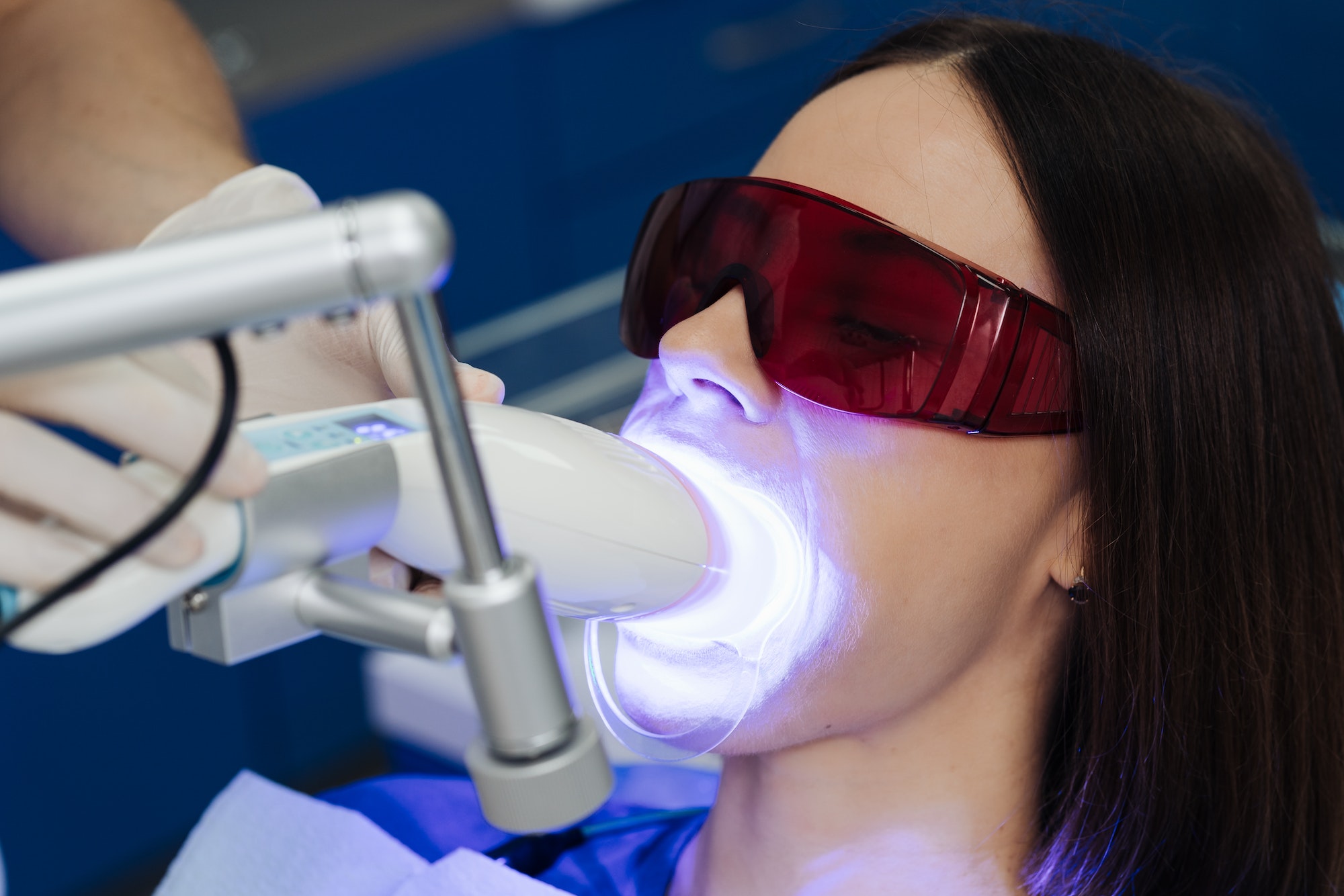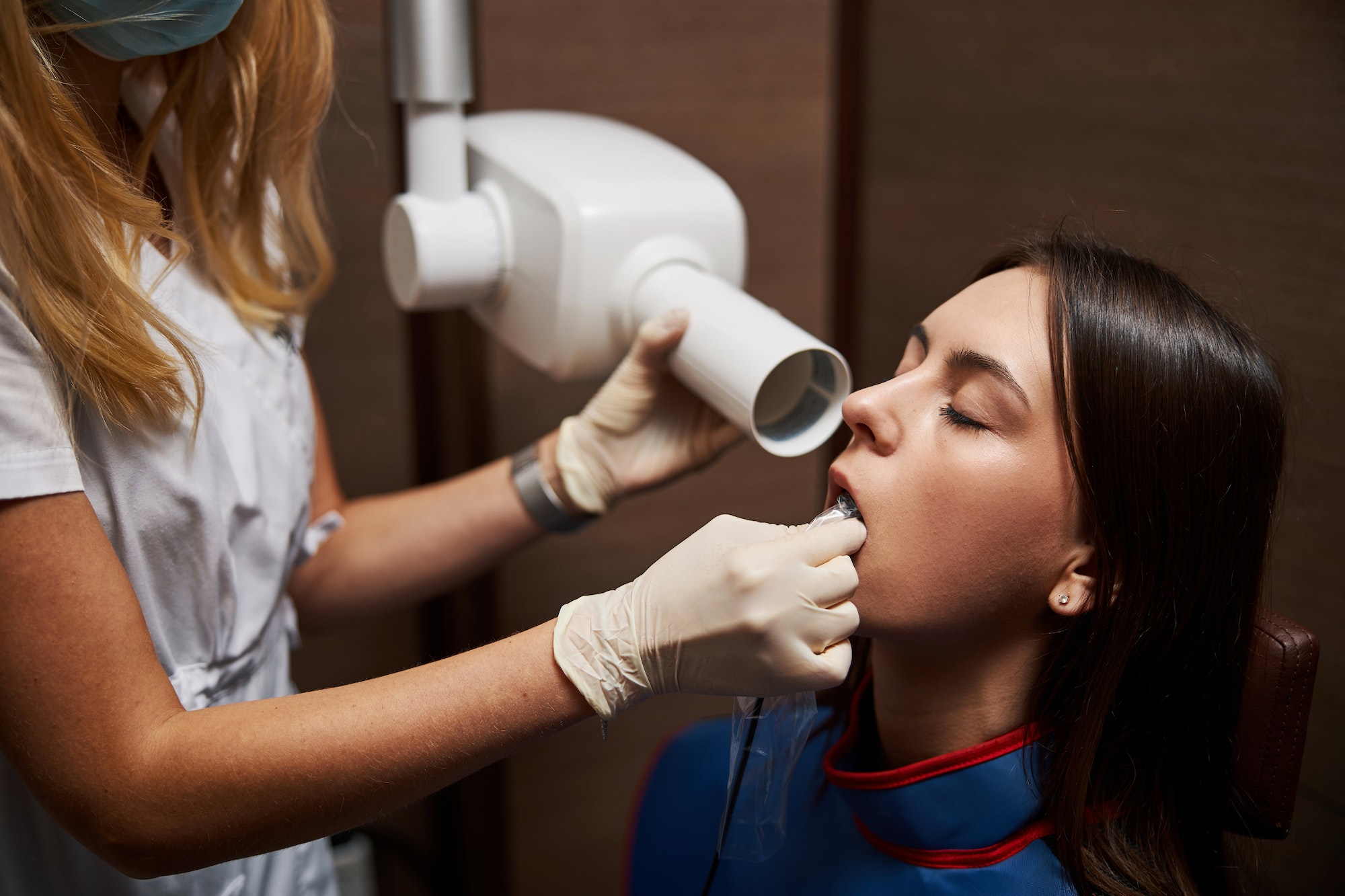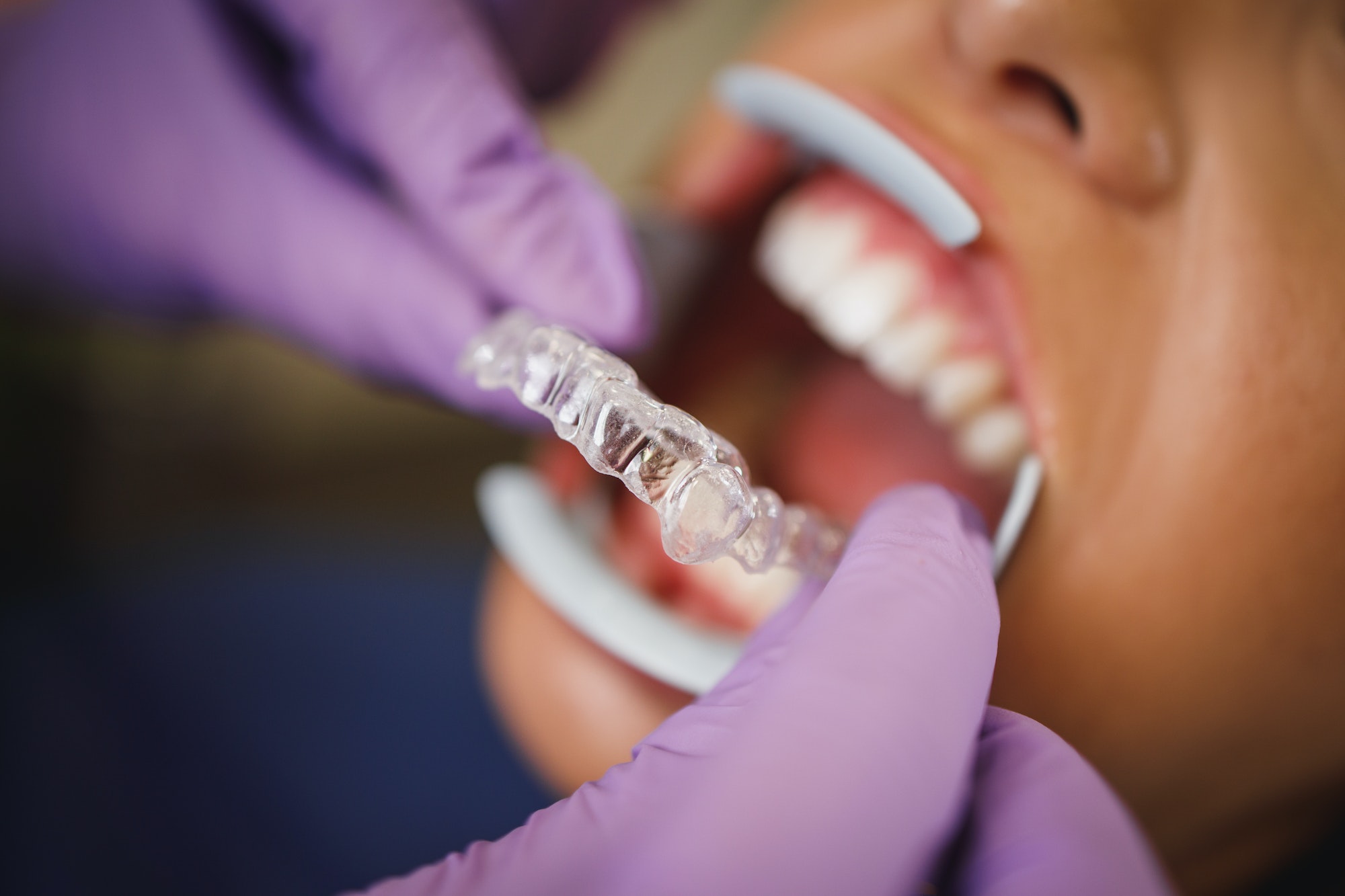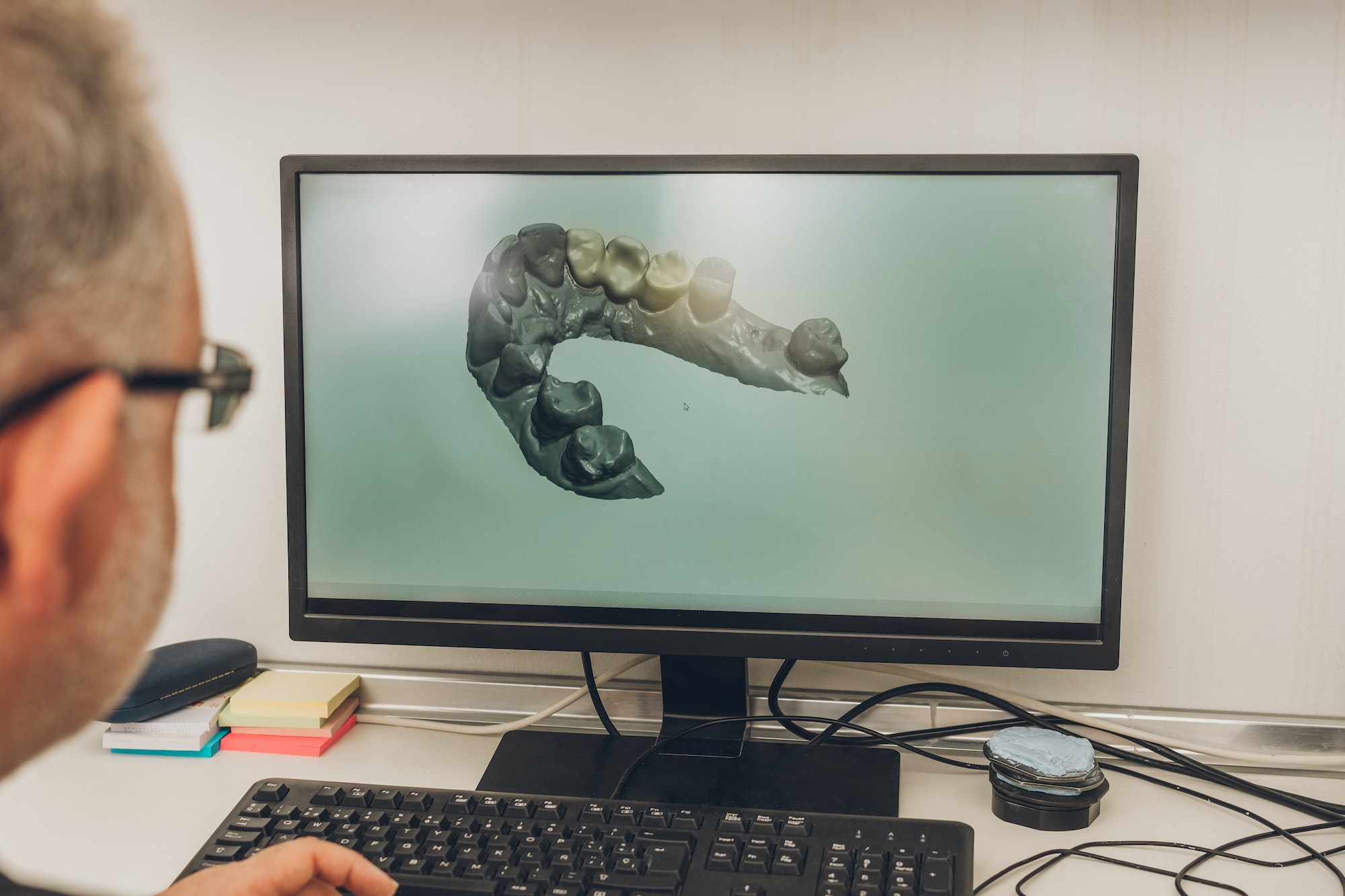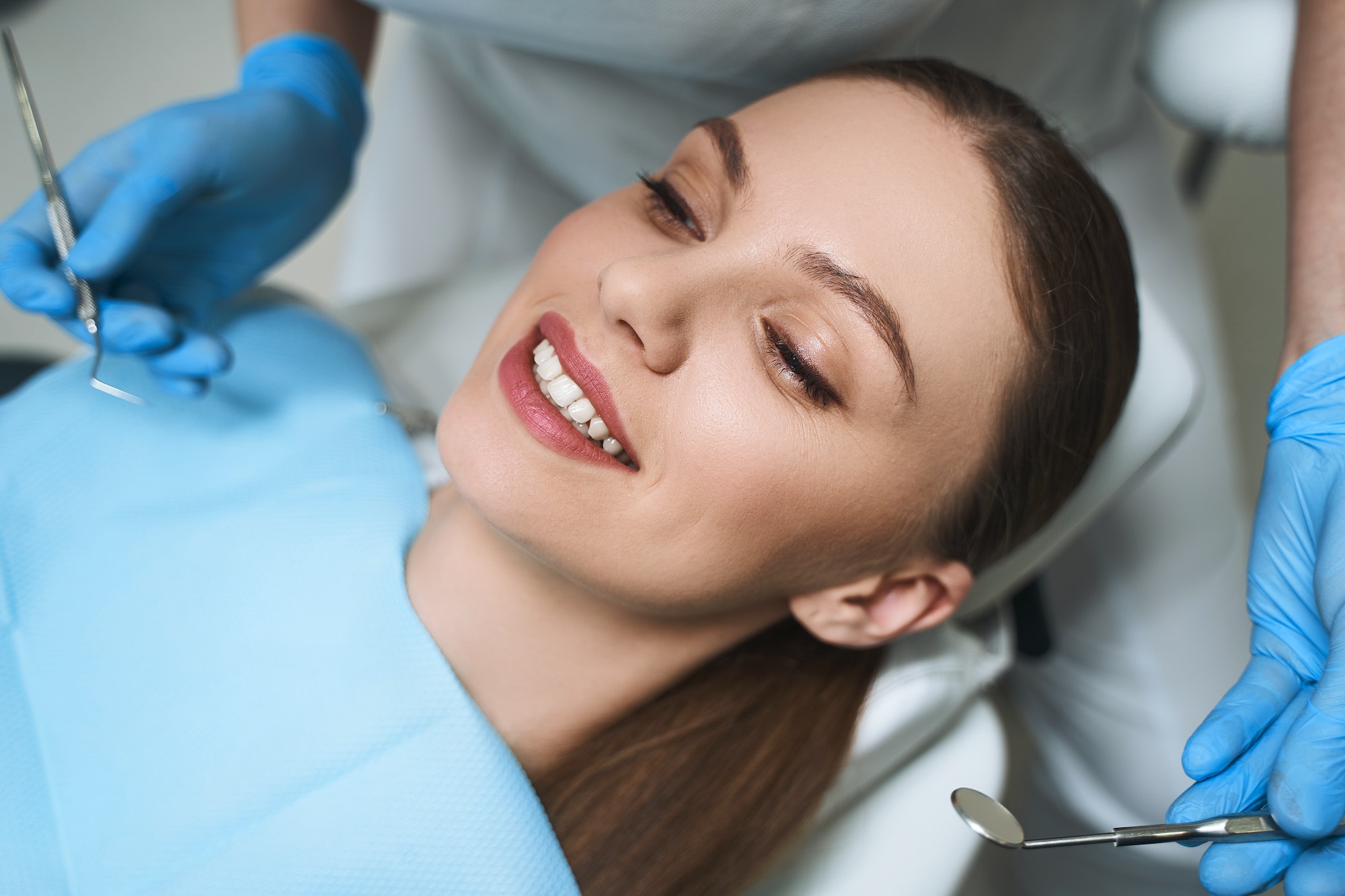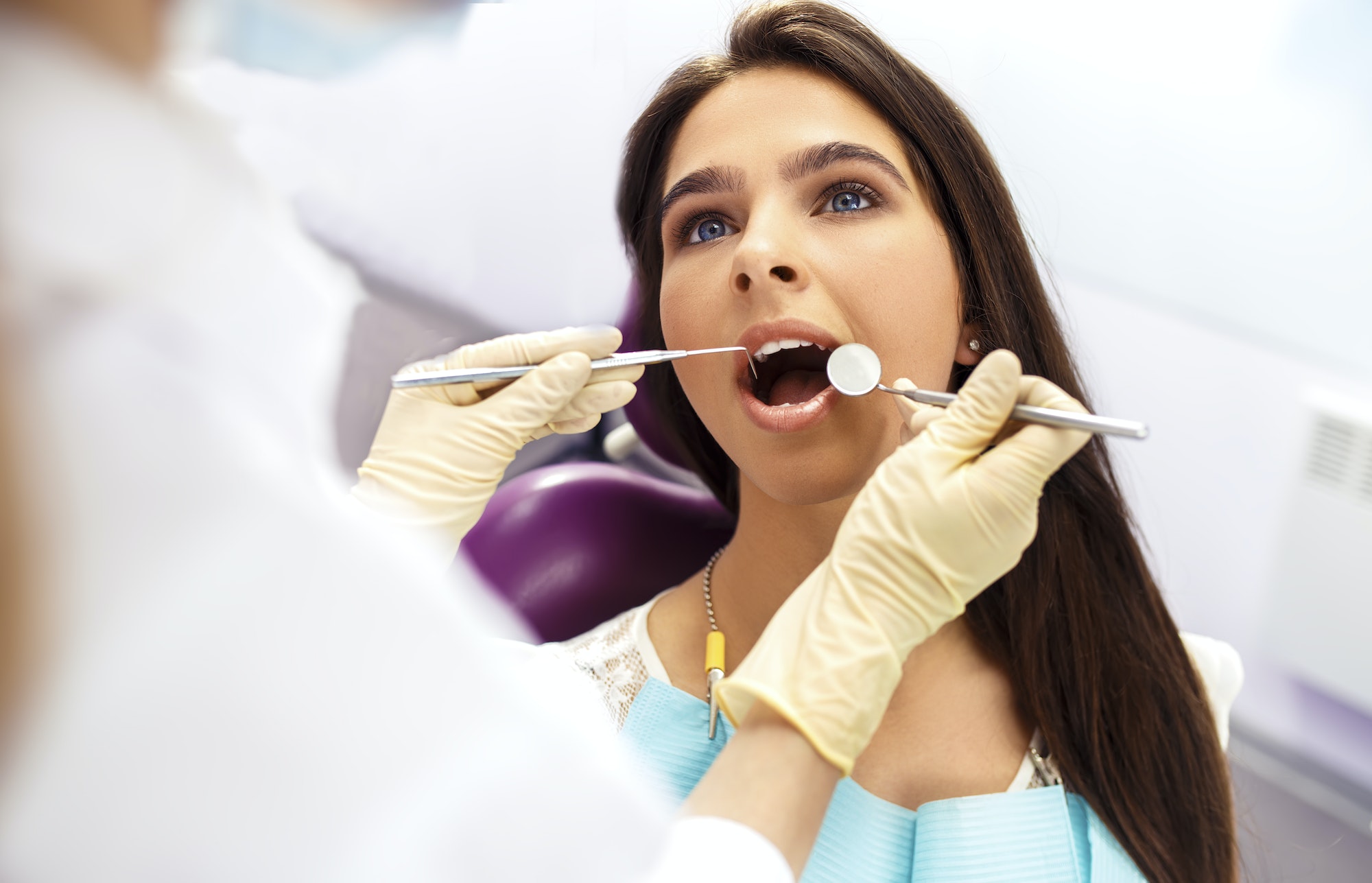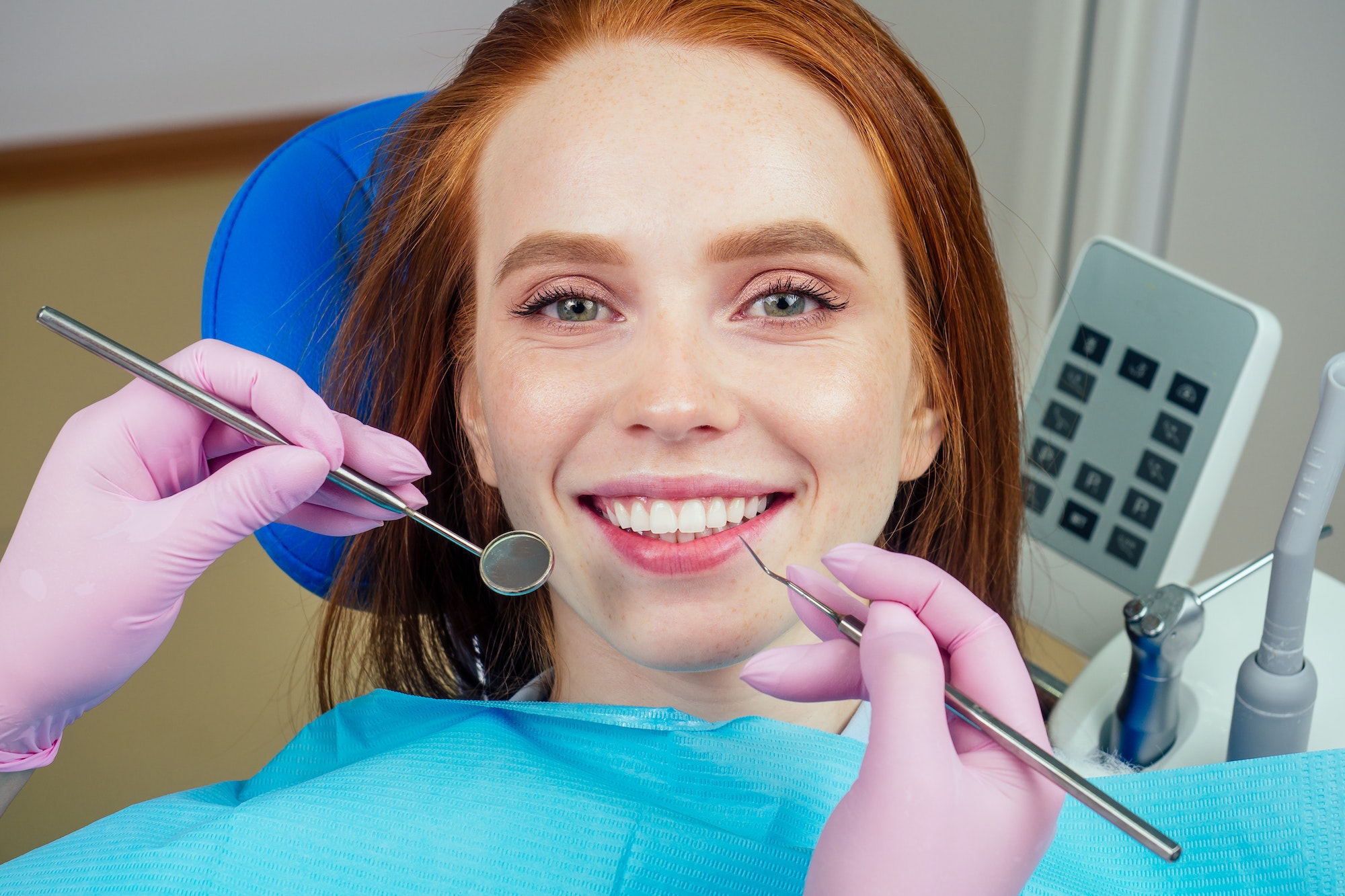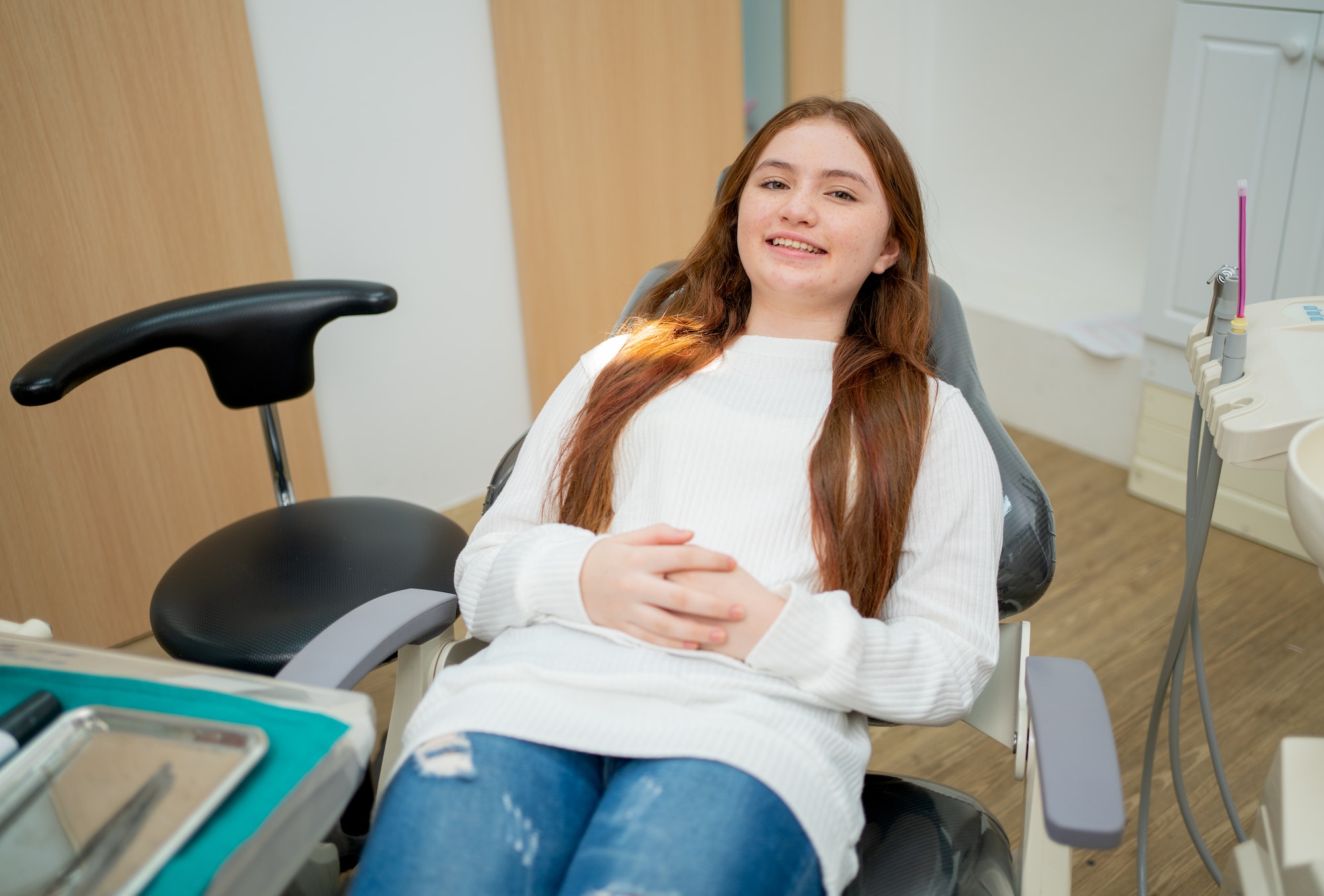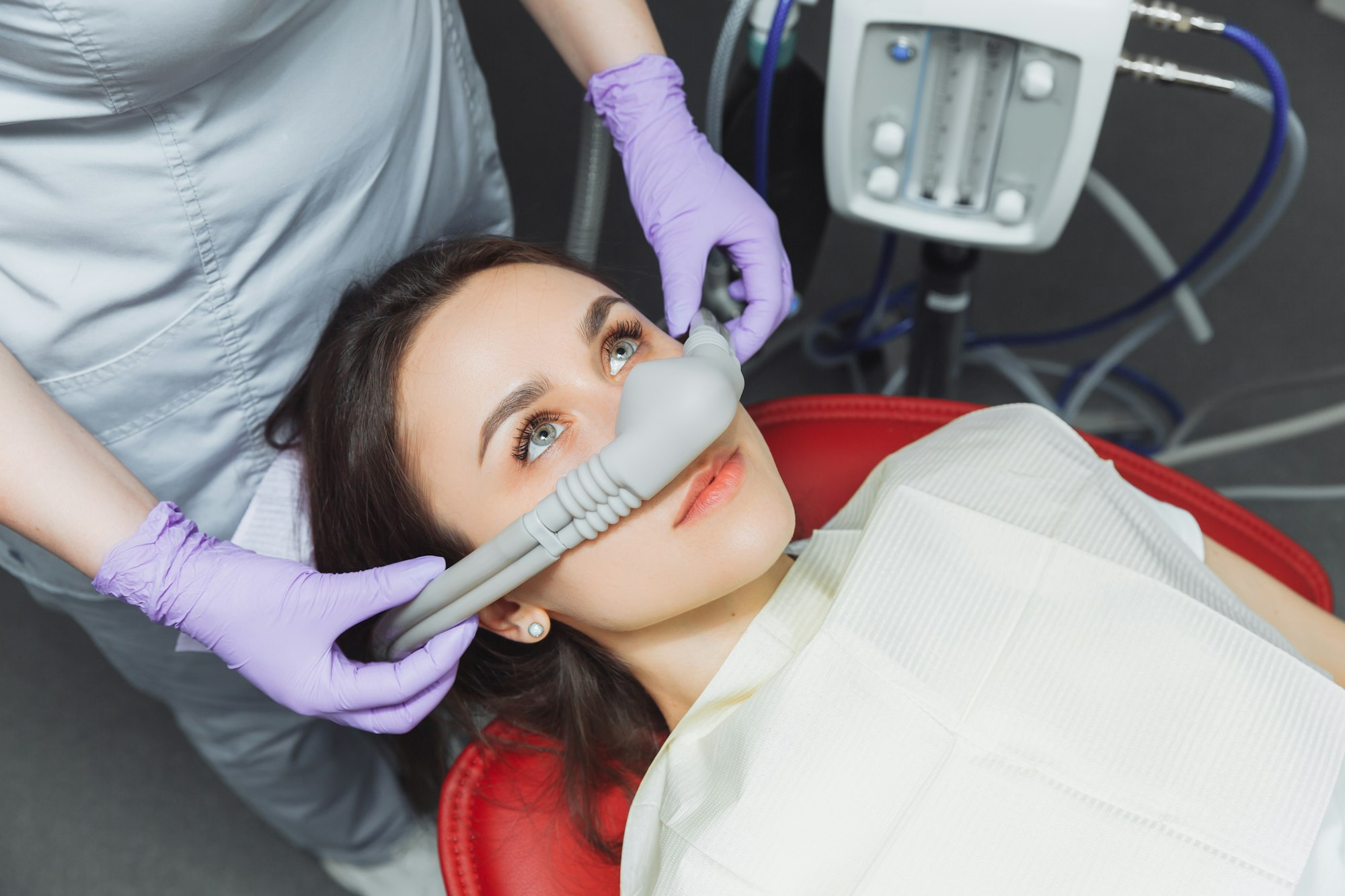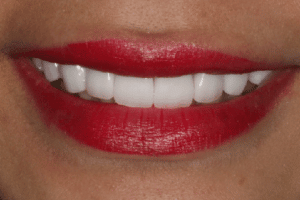
Cosmetic Dentistry
Get a beautiful new smile in as little as two visits. Our Cosmetic Dentistry services are designed to give you the smile of your dreams.
Restorative Dentistry
Missing, decayed, broken, or discolored teeth? Replace Your Teeth With The Next Best Thing To Natural Teeth…Dental Crowns
General Dentistry
Like the rest of you, your mouth needs checkups. Maintain your oral health through biannual cleanings and other general dentistry services.
About Marcus Black DDS
General & Cosmetic Dentist In Rogers, AR
If you’re looking for the cosmetic dental office Rogers, Arkansas residents swear by, look no further than Marcus Black DDS.
Our team is committed to providing our patients with the highest level of dental care in a welcoming and respectful environment. The team participates in continuing education courses to keep our patients informed about their dental care and service options. We believe a smile is a reflection of happiness and health, and we only want the best for our patients.
With a full range of services available, we will continue to provide the Rogers, Arkansas area with the dental care they need and deserve.
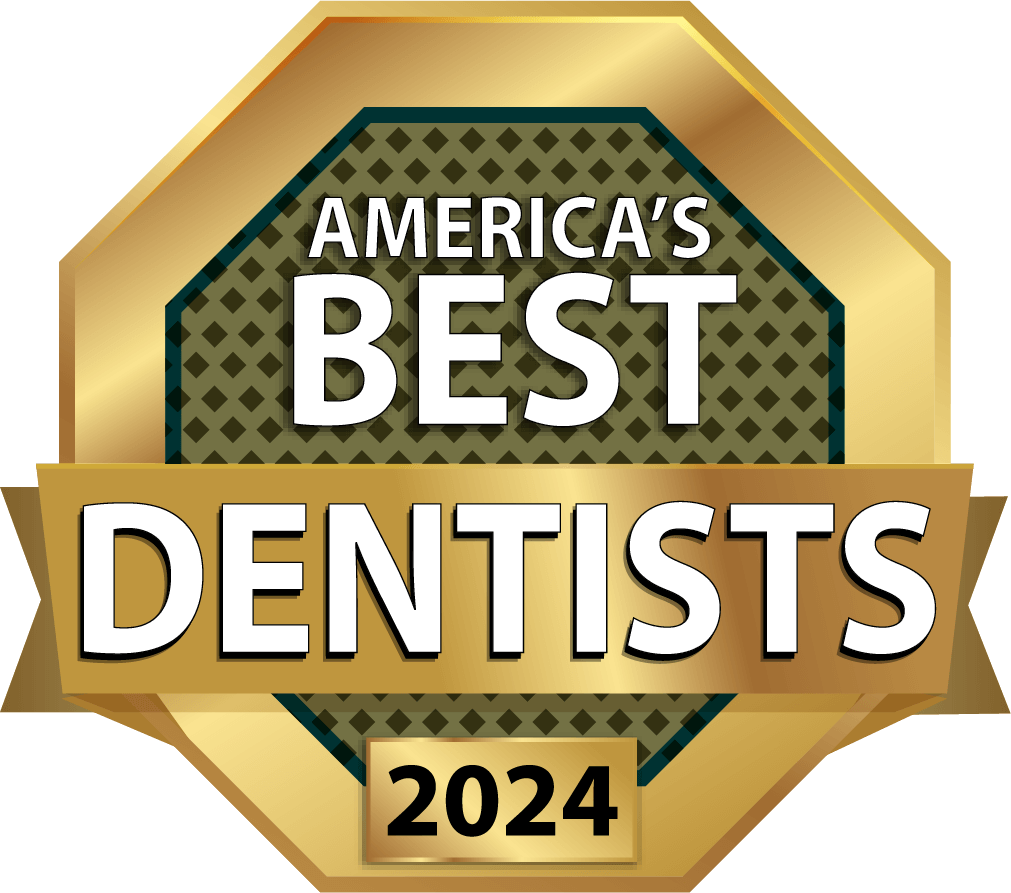
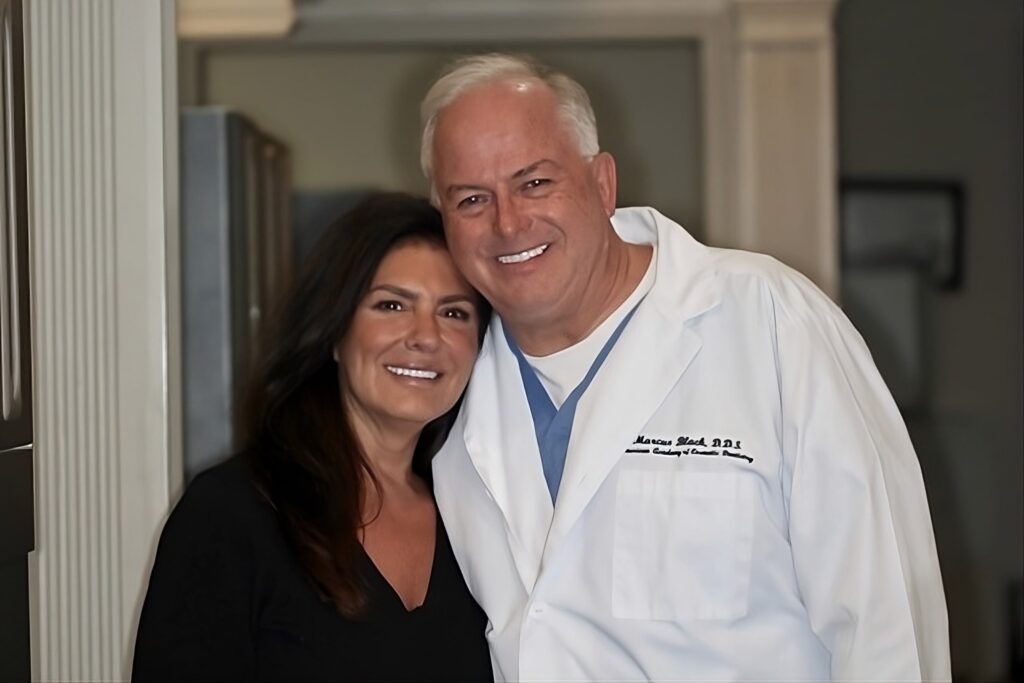
A Full Range of Dental Services
Marcus Black, DDS is Rogers, AR's General & Cosmetic Dentist
What Our Dental Patients Are Saying
Marcus Black DDS
The cosmetic dental office Rogers, Ar residents deserve
Smile Gallery
See how Marcus Black Cosmetic Dentistry is changing lives one smile at a time!
Insurance Options
Learn about your insurance coverage today!
Contact Us
Have questions about our cosmetic dentistry services or need an appointment? Contact Marcus Black DDS
Contact Marcus Black DDS

Navigation
Featured Services
-
Marcus Black DDS
2109 S. 54th Street, Suite 1
Rogers, AR 72758 - (479) 464-0900


